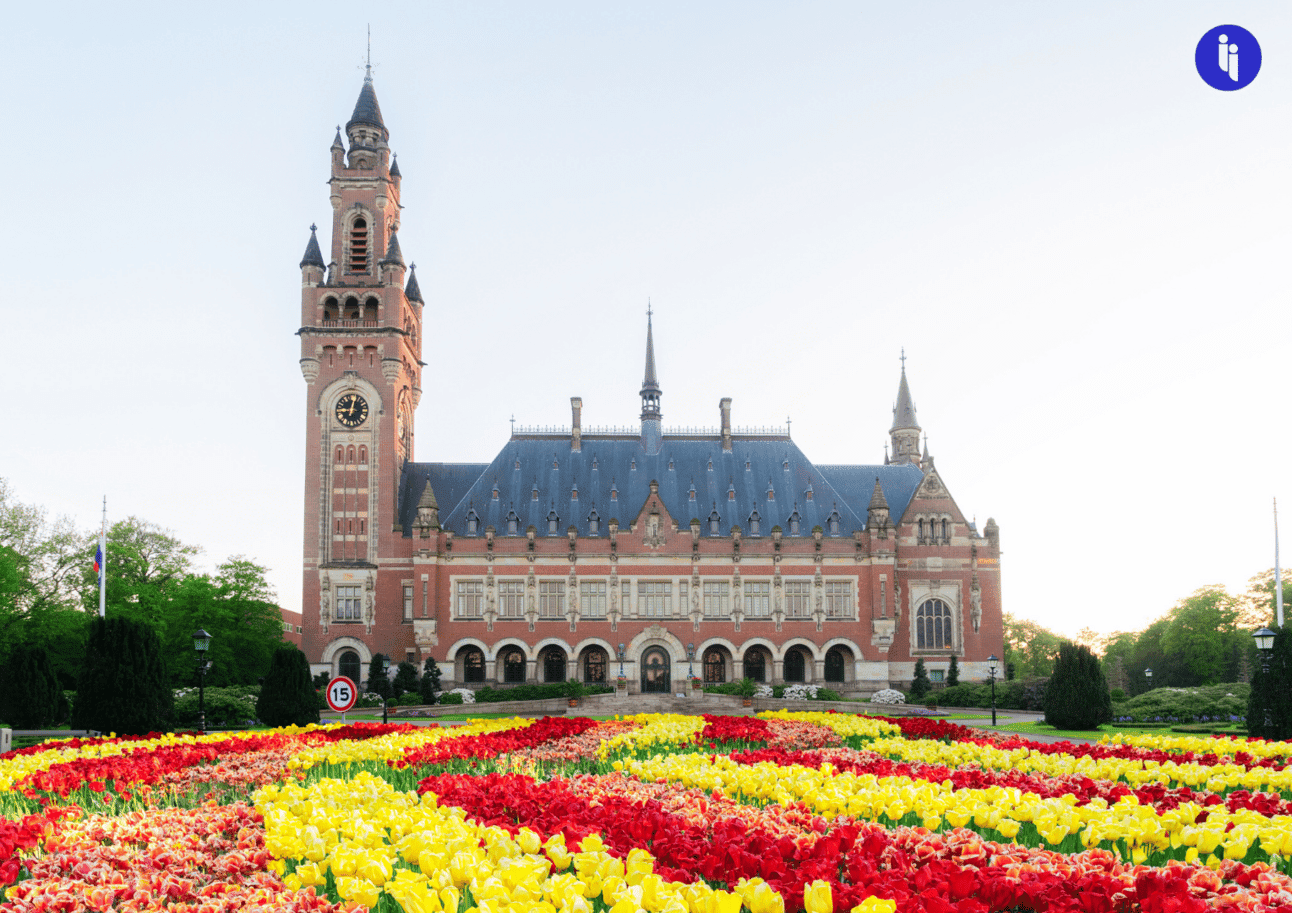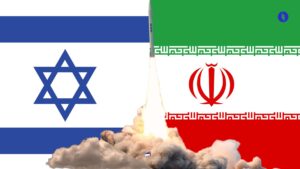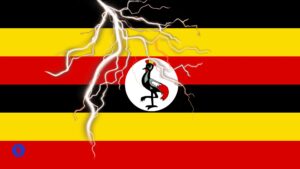Let’s get you up to speed on what’s happened on the Israel-Hamas conflict since our Friday briefing, and what might come next.
Following South Africa’s request earlier this month, the International Court of Justice (ICJ) on Friday reiterated and sharpened its orders from January:
- The court reiterated its call on Hamas for the “immediate and unconditional release” of hostages, and for Israel to ensure the “unhindered provision at scale” of urgently needed aid, and
- Noting the “catastrophic living conditions of the Palestinians… had deteriorated further”, the ICJ called on Israel to “immediately halt its military offensive, and any other action in the Rafah Governorate, which may inflict on the Palestinian group in Gaza conditions of life that could bring about its physical destruction in whole or in part“.
Interestingly, some of the court’s judges dispute what that last bit actually means. In separate opinions, four argue the ruling isn’t a blanket order for Israel to cease fire, but rather only restricts Israel’s actions to the extent they engage the Genocide Convention (the basis of South Africa’s case against Israel).
Stay on top of your world from inside your inbox.
Subscribe for free today and receive way much more insights.
Trusted by 129,000+ subscribers
No spam. No noise. Unsubscribe any time.
A fifth judge argues the opposite, claiming the court has “in explicit terms” ordered Israel to “halt its offensive in Rafah”.
So either way, how have Israel and Hamas responded?
- Israel says it “has not and will not” carry out operations that breach the Genocide Convention, and
- Hamas has welcomed the ICJ ruling, while saying it’s still “not enough” (the group didn’t address the ICJ’s call to release the hostages).
Israel then announced it’d found three more dead hostages (including a Mexican tourist), before Hamas went on to claim it had captured more Israeli soldiers (a claim Israel denies), and fired ~eight rockets at Tel Aviv.
Later Sunday, Israel conducted airstrikes on tents sheltering Palestinians near Rafah, claiming it killed two “senior” Hamas targets. But after reports of 45+ civilian deaths, graphic footage, and widespread condemnation, Israeli leader Benjamin Netanyahu has now described the strike as a “tragic mistake“.
Meanwhile, an incident yesterday (Monday) between Egyptian and Israeli troops near Rafah has left an Egyptian soldier dead, though it’s unclear what exactly happened. The two neighbours’ 1979 peace deal has been a key stabilising force in the region, but ties have grown frosty as the humanitarian toll in Gaza mounts.
And that brings us to today (Tuesday), which is when the recent move by Ireland, Norway, and Spain to recognise the State of Palestine takes effect. The argument is that, by joining 140 others, their recognition helps pave the way for talks on a two-state solution “between two sovereign states on an equal footing”.
But many European (and Western) countries still argue a Palestinian state should come via direct negotiations between the two sides, including on the recognition of Israel itself (~25 Arab and Muslim-majority countries don’t recognise Israel).
And that’s a lot for a single long weekend…
INTRIGUE’S TAKE
As ever, the timing here is interesting. Israel-Hamas talks are due to resume this week, which makes us wonder if any of this is an effort to boost negotiation positions, or even derail the talks.
But either way, a pause still looks like a stretch.
We see four possible triggers for any pause: i) a decision by Hamas to release the hostages, ii) the capture or killing of top Hamas leaders (Sinwar and Deif), iii) the ousting of Netanyahu in Israel, and/or iv) any meaningful withdrawal of US support for Israel.
But these triggers are – to varying degrees and for different reasons – still unlikely:
- Hamas has little incentive to release its hostages (and cede its leverage) so long as Israel vows to destroy the group either way
- Hamas leaders are still managing to lead operations and hold 100+ hostages despite seven months of Israeli bombardment
- Israel’s leadership is split and this latest Hamas flex highlights the limits of Netanyahu’s strategy, but he continues to benefit from a ‘rally around the flag’ effect (possibly boosted by the ICJ’s ruling), and
- It’s hard to see any US administration stepping away from Israel during an election year, particularly as polling from April still shows high favourability towards Israel (higher than for the Supreme Court).
So for now, we still see more of the same ahead.
Also worth noting:
- Israel’s key allies urged it not to expand its operation to Rafah due to the civilian risks. Germany, Israel’s second-largest arms supplier, has now said the images of Israel’s strike on the tent community near Rafah are “unbearable”, and called for an investigation (something Netanyahu now says will happen).
- For its part, the US – Israel’s top arms supplier – has reiterated its view that “Israel has a right to go after Hamas”, but also that “Israel must take every precaution possible to protect civilians.”








